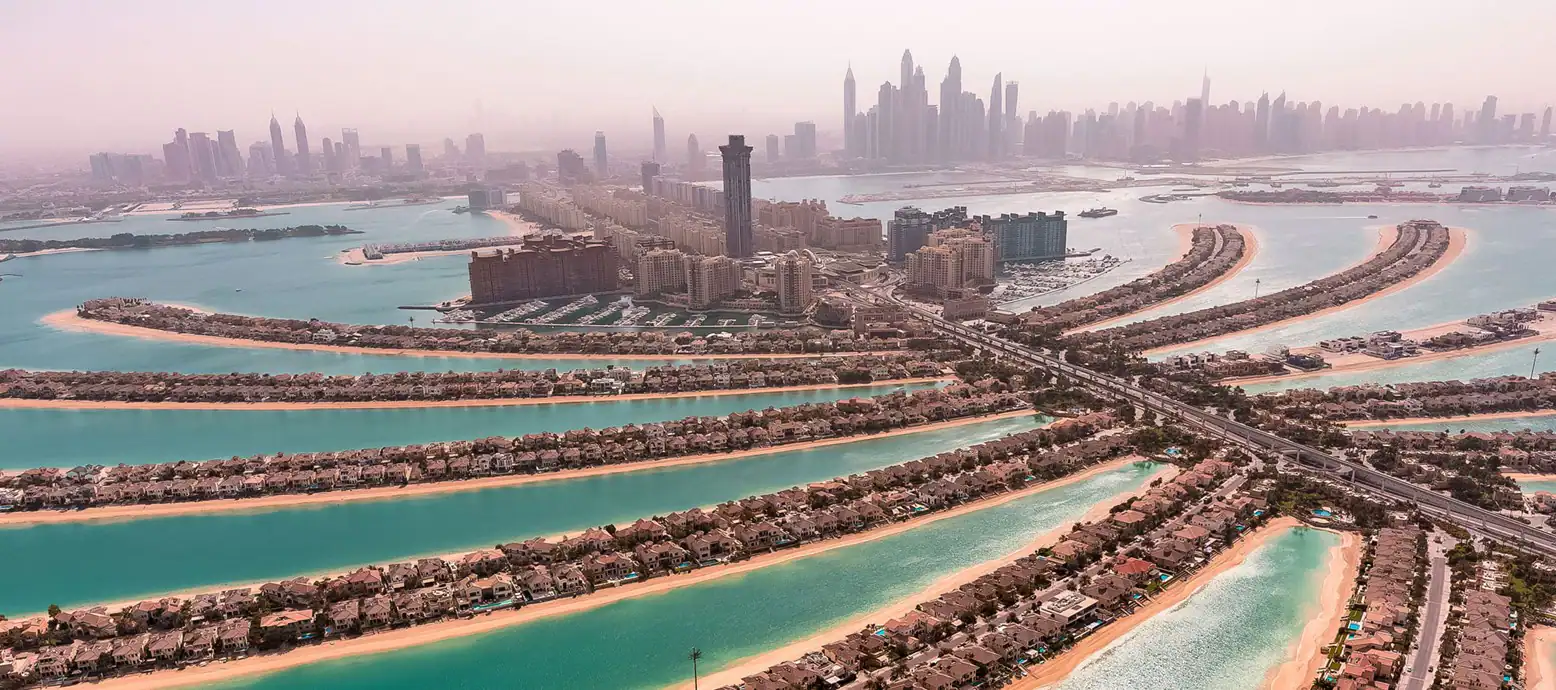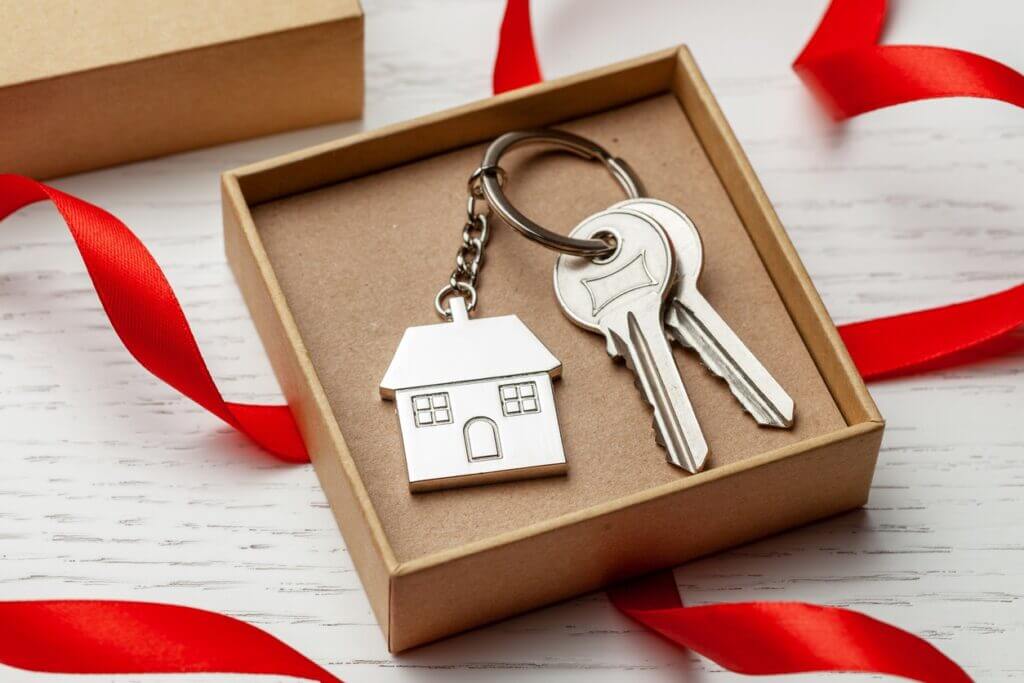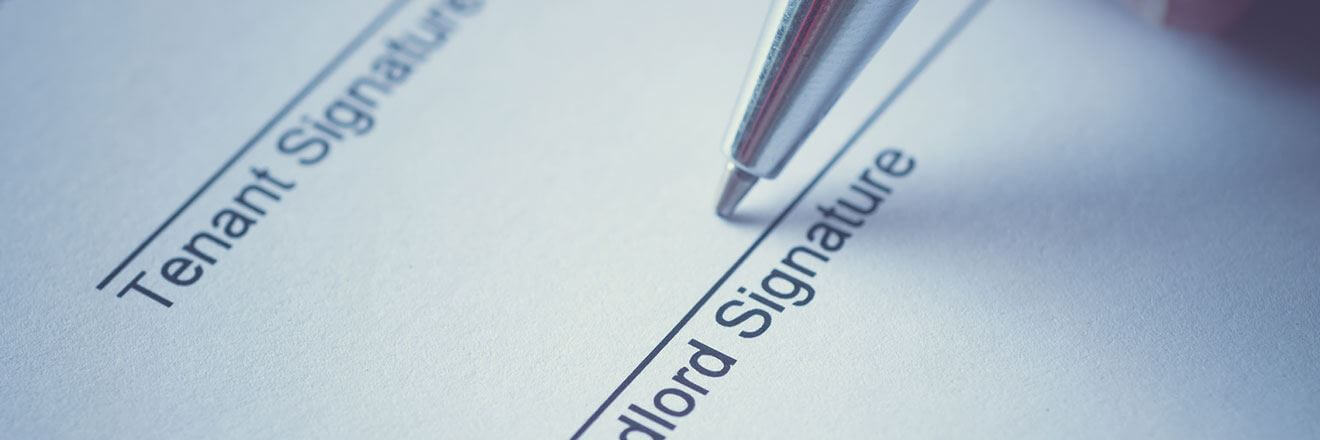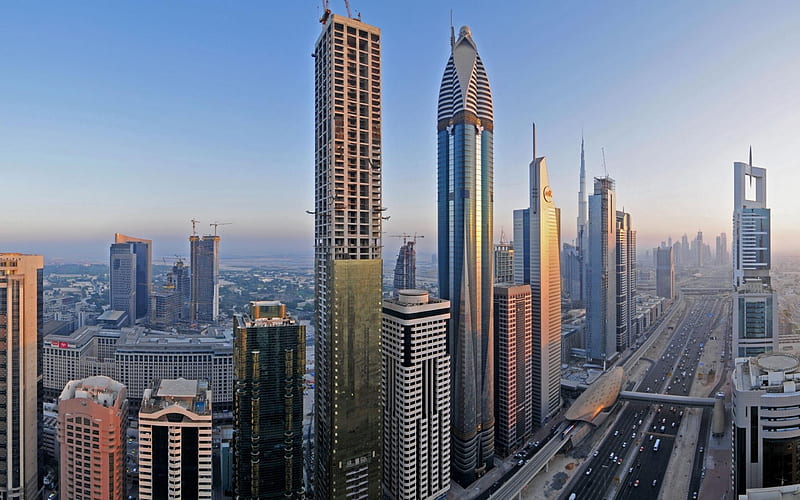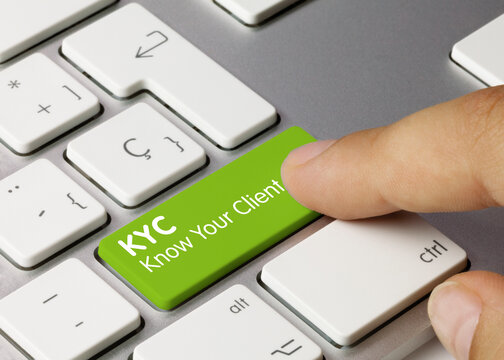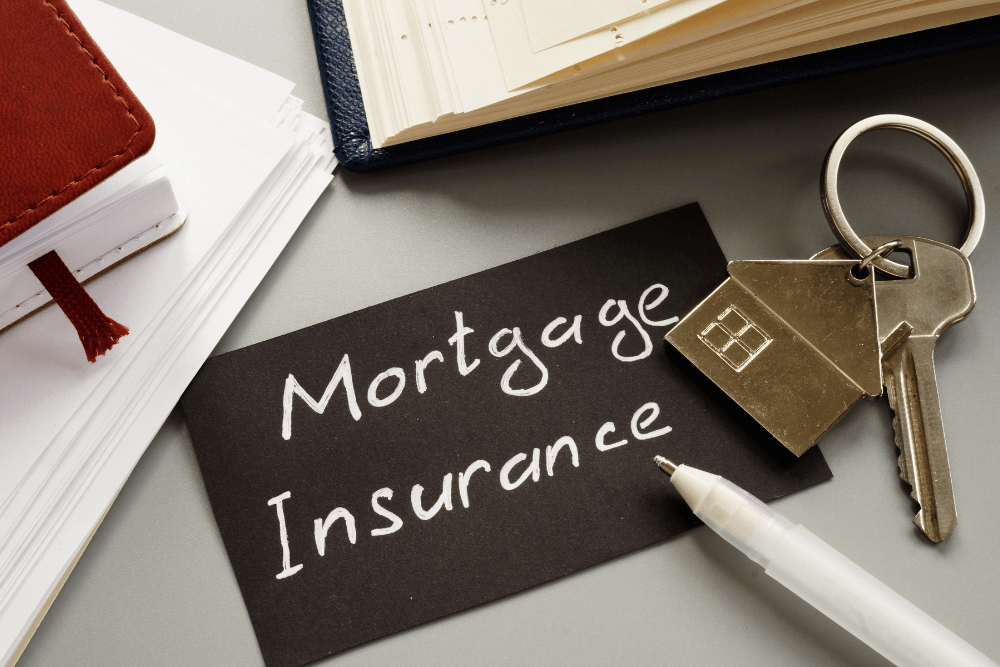Dubai, known for its gleaming skyscrapers, luxurious lifestyle, and thriving economy, has consistently been a hotspot for real estate investment. The year 2023-2024 is no exception, as the city continues to grow and evolve. Whether you’re a seasoned investor or looking to make your first foray into the Dubai real estate market, it’s essential to be well-informed about the best neighbourhoods for investment. In this blog, we will explore the most promising areas to consider for your next real estate venture in the vibrant city of Dubai.
- Dubai Marina
Investors highly favour the iconic Dubai Marina, which offers a wide array of high-end apartments and luxurious penthouses in this waterfront community. It attracts both expatriates and locals due to its stunning marina views, numerous dining and entertainment options, and its proximity to the beach. The ongoing development and the upcoming Dubai Harbour project further enhance its appeal.
- Downtown Dubai
Downtown Dubai, home to the world’s tallest building, the Burj Khalifa, thrives as a bustling hub at the city’s core. It provides a unique and dynamic living experience with a mix of residential, commercial, and retail spaces. The area constantly evolves, and new projects assure outstanding rental yields and capital appreciation. Its appeal is further bolstered by attractions like the Dubai Opera, world-class restaurants, and luxury shopping options.
- Palm Jumeirah
Palm Jumeirah, an artificial archipelago shaped like a palm tree, symbolises Dubai’s opulence. Investors looking for high-end properties favour this exclusive island, which offers a variety of upscale villas, townhouses, and apartments. The area’s pristine beaches, luxury resorts, and breathtaking views further enhance its appeal. The completion of The Palm Tower and Nakheel Mall has introduced new dimensions to the area.
- Jumeirah Village Circle (JVC)
Jumeirah Village Circle (JVC) is gaining prominence as a rising star in the realm of more affordable real estate options. It presents a well-rounded selection of villas, townhouses, and apartments at competitive prices, appealing to both investors and residents. JVC offers excellent community facilities, parks, and retail outlets, solidifying its status as a prime location for budget-conscious investors seeking high rental returns, driven by its steady growth in recent years.
- Dubai South
Dubai South, housing the Expo 2020 site and Al Maktoum International Airport, rapidly develops as a district poised for substantial growth and transformation. This makes it an exciting prospect for long-term investment. Dubai South offers a bright future for real estate investors with its array of affordable housing options and ongoing infrastructure developments.
- Jumeirah Beach Residence (JBR)
JBR is a highly sought-after waterfront community renowned for its stunning beach, trendy promenade, and a diverse array of dining and entertainment options. The area entices a broad spectrum of residents and visitors with its mix of residential units, ranging from compact apartments to spacious penthouses. JBR continues to be a promising neighbourhood for real estate investment, thanks to its high demand and potential for capital appreciation.
- Arabian Ranches
For those seeking a family-friendly environment, Arabian Ranches stands out as an excellent choice. This established community showcases lush green landscapes, beautiful villas, and world-class amenities. It holds a reputation for delivering a high quality of life, making it an attractive prospect for investors in search of long-term growth and stability.
Dubai’s real estate market is on the cusp of experiencing another year of growth and diversification. Whether you’re in search of luxury, affordability, or long-term prospects, Dubai boasts neighbourhoods that cater to your investment preferences. However, it’s crucial to perform comprehensive research, seek advice from real estate experts, and stay vigilant regarding market trends to ensure well-informed decisions. With its dynamic landscape and continuously evolving opportunities, Dubai remains a top destination for real estate investors in 2023–2024.




